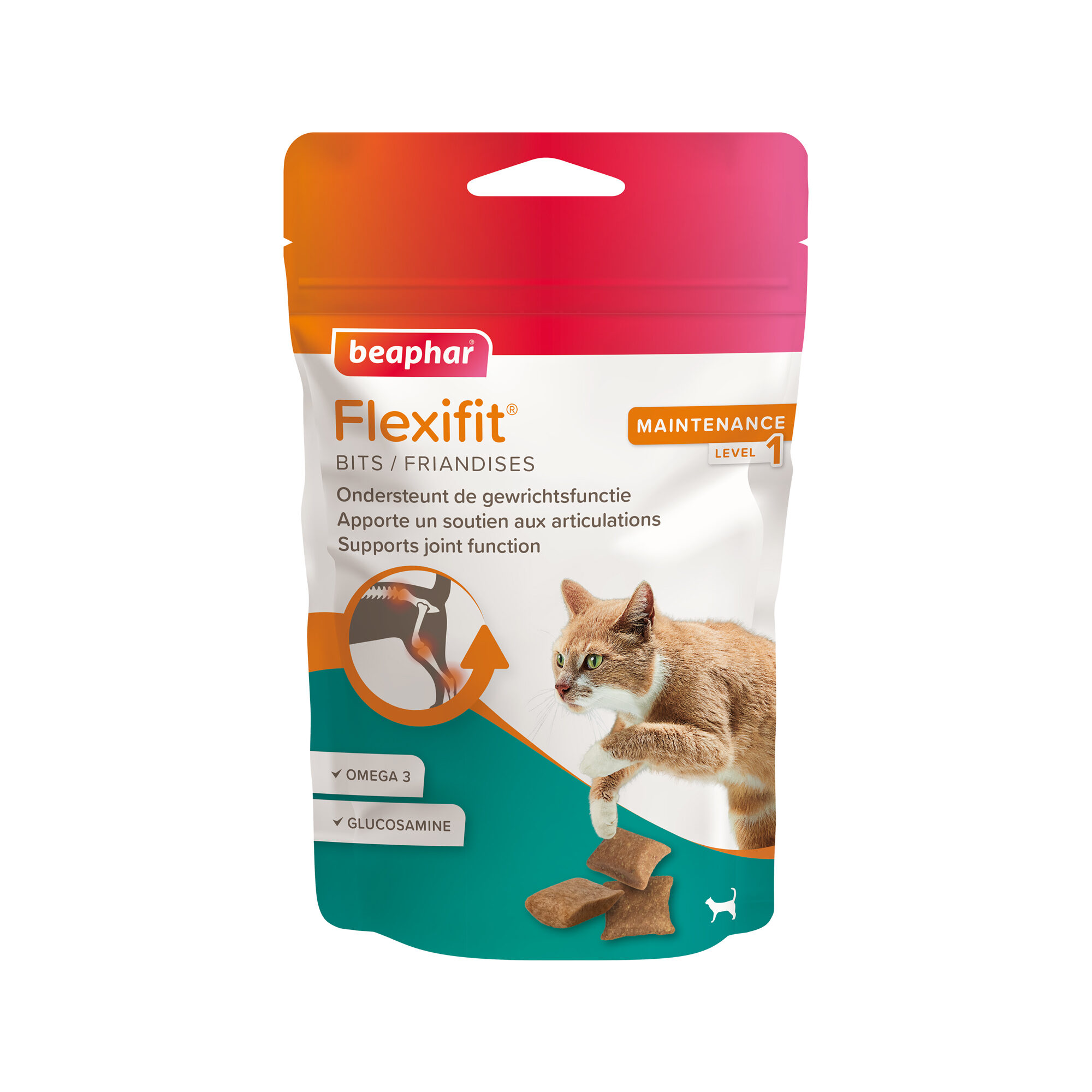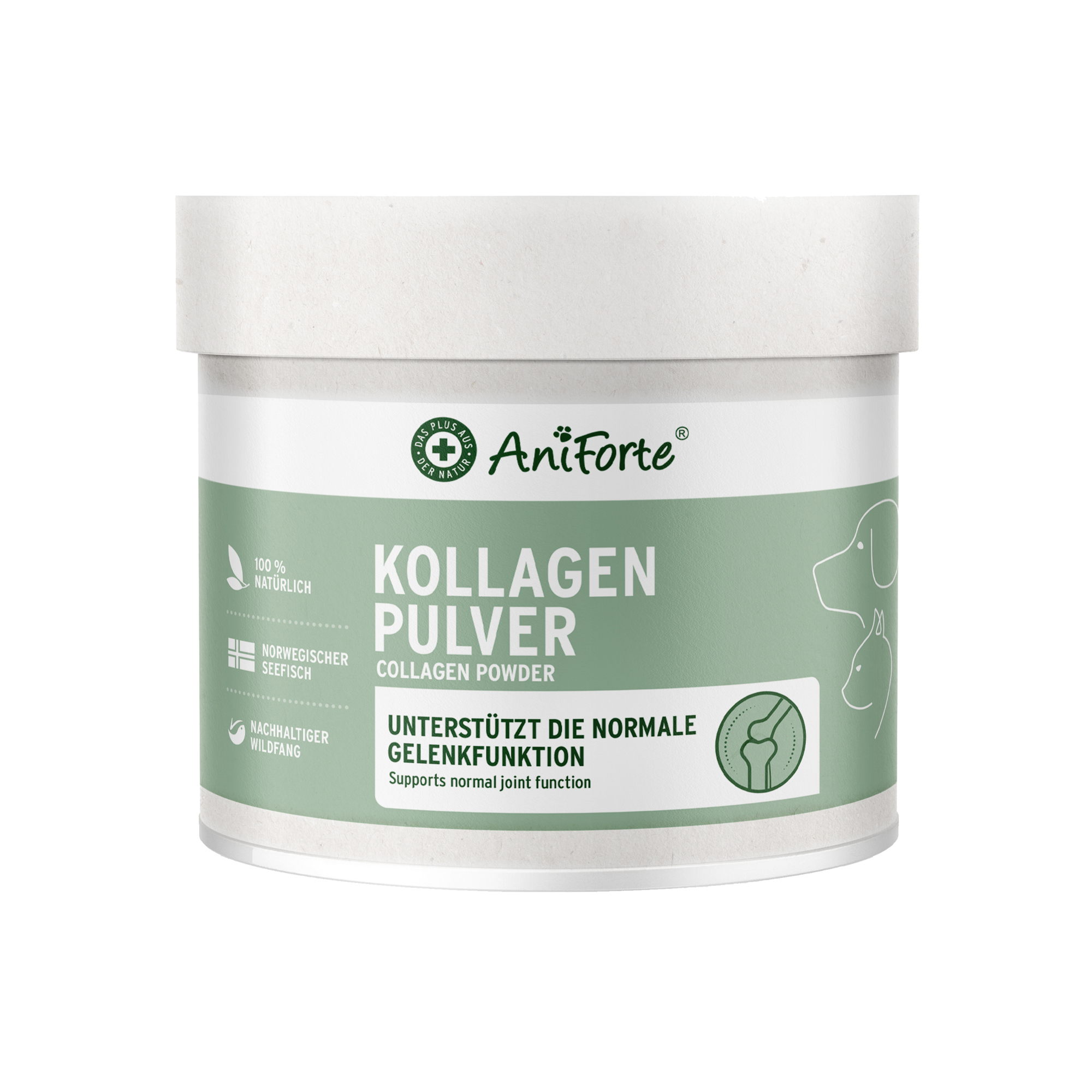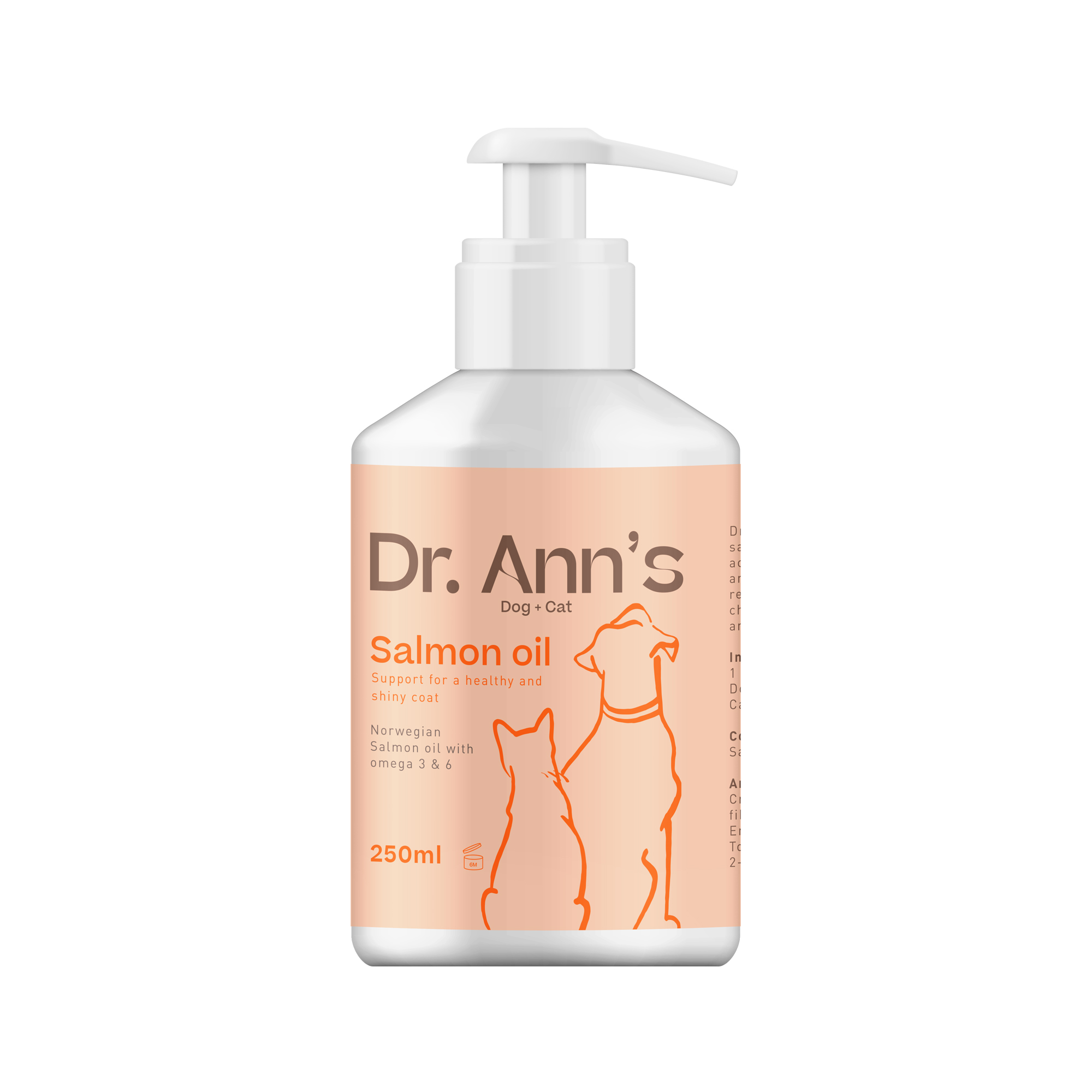Symptoms
There are a number of symptoms that could point to osteoarthritis such as increased aggression, a more whiny vocalisation and the refusal to be petted. The owner might also notice that the cat won’t jump anymore, although old age is easily blamed for this. Incontinence is also a common symptom, with urination frequently occurring right next to the litter tray as jumping into it requires too much effort and causes too much pain. To avoid this use a litter box with a lowered entrance.
Causes
There are many different causes of osteoarthritis and other joint problems, but genetics and being overweight are the most common. Cats that are (extremely) overweight overburden their joints and have a highly increased risk of developing joint problems, especially at a later age. Being overweight is not just a major contributor to joint problems like osteoarthritis, it also damages their overall health and can lead to other problems such as diabetes.
Treatment
Below you will find a list of possible treatments for joint problems in cats
Diet Food
Offering cats that suffer from joint problems a diet food specifically designed to support joints and mobility can have many benefits. This diet food contains high levels of omega-3 fatty acids, glucosamine and chondroitin, which strengthens cartilage. Feeding your cat a specialised joints and mobility diet means that additional supplements aren’t necessary.
Supplements
There are many different types of (nutritional) supplements that can help support and protect your cat’s joints and cartilage. Nutritional supplements could benefit your cat if you do not want to change their food, for example, if they are allergic and on a special diet.
Anti-Inflammatories
In severe cases, your vet might prescribe anti-inflammatories (only available from your veterinarian). When giving your cat anti-inflammatories, it is recommended to give them supplements or make dietary adjustments.
Supportive Measures
For cats suffering from joint problems, even the simplest task like lying down can be too much of a burden. Good bedding such as an orthopaedic foam memory mattress or the Flectabed can provide comfort and support. A comfortable bed can’t prevent joint problems, but it can improve their quality of life!
If you suspect that your cat has joint problems, we recommend you to visit your veterinary surgeon right away to obtain an accurate diagnosis.




























